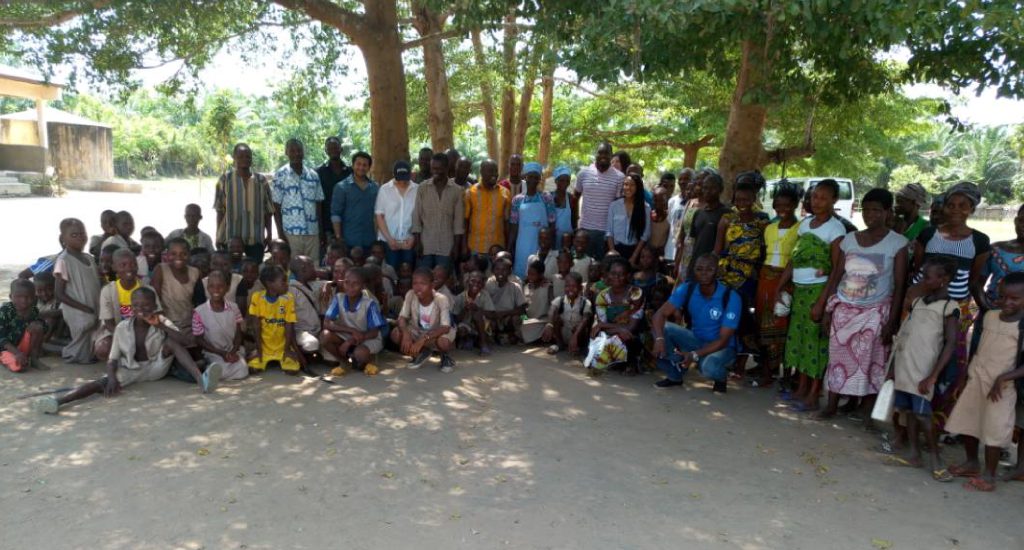
A Columbia School of International and Public Affairs (SIPA) team did an assessment on the South-South cooperation initiatives of the WFP Centre of Excellence against Hunger in Benin and Togo, and the final report is now available.
Through field visits to Brazil, Benin and Togo, the Economic & Political Development workshop team reviewed the South-South support provided by the WFP Centre to government and other stakeholders in Benin and Togo to improve each country’s school feeding programmes and their linkages to the local agricultural economies.
The research team made specific recommendations for the WFP Centre of Excellence in three areas. The first is the transversal technical assistance provided by the WFP Centre to improve legal frameworks, mobilize resources sustainably and extend impact evaluations. The second is the engagement of stakeholders, which includes improving in-country presence and integrating civil society and smallholder farmers in technical assistance activities. The third area refers to strengthening the WFP Centre’s role as a repository of knowledge. This involves enhancing its capacity to share good practices, particularly in the agriculture sector.
As part of this assessment, a group of students participated in a study visit to Brazil and another one went to Benin and Togo in March. The group visiting Brazil had meetings with representatives of the WFP Centre of Excellence and the Brazilian government, to get familiar with the Centre’s approach and tools and with the Brazilian policies that inspire South-South cooperation efforts.
The group visiting Benin and Togo investigated domestic contextual elements related to the design and implementation of food and nutrition security policies, including legislation, programme design, and financial resources. The research team had meetings with the WFP country offices and representatives of the governments of both countries.




